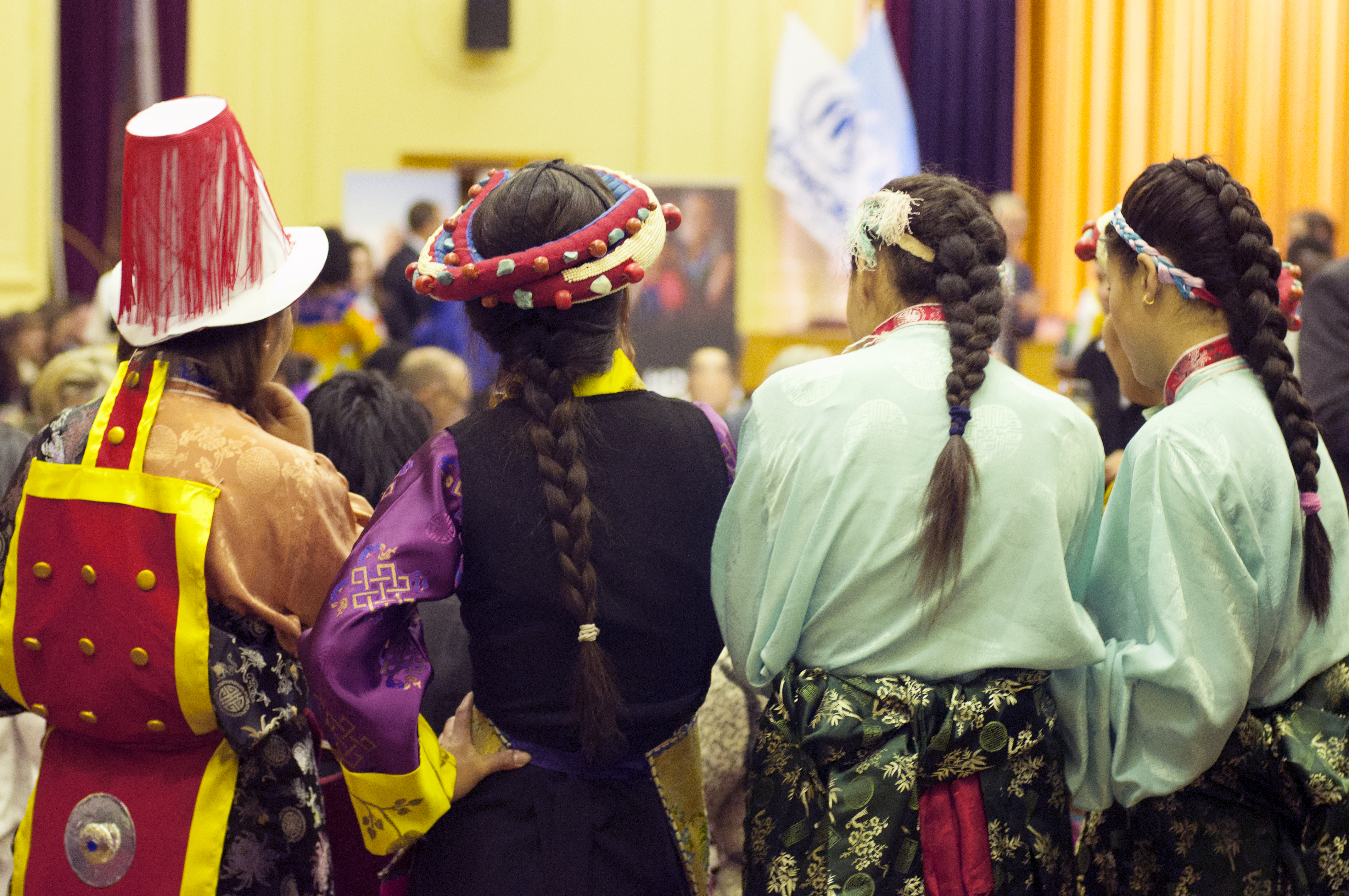Sierra Leone: refugees cautious about return
Sierra Leone: refugees cautious about return
With the presidential and parliamentary elections drawing near in Sierra Leone, more Sierra Leonean refugees in neighbouring countries or further afield are adopting a 'wait-and-see' attitude. The remaining refugees now want to see what happens during and after the elections before heading home. During the first months of this year, nearly 30,000 refugees have been able to return home, with land convoys bringing up to 2,300 people per week from Guinea and Liberia this month.
On 1st May, a group of 11 refugees were flown back from Guinea-Bissau to the Sierra Leonean capital, Freetown. This was the second operation of its kind in 2002, bringing to 17 (out of a refugee population of 319) the number repatriated from Guinea Bissau this year.
Since September 2000, UNHCR has registered and facilitated the return of nearly 90,000 Sierra Leonean refugees, mainly from Guinea and Liberia, by boat, by land and on foot (Guinea spontaneous arrivals). They received the standard reintegration assistance package of two months' food rations, household items and agricultural tools. 51,000 of them are now reintegrated in their home areas. Another 25,000 are still hosted in temporary resettlement projects, while the remainder did not seek any aid. Another estimated 70,000 people are believed to have returned spontaneously, making a total of 160,000 returnees in all.
All convoys will cease during the electoral period, as from May 7, to avoid possible disruptions to the electoral process.
UNHCR obtained an extension of deadline for returnees to register for the election. The deadline has now expired, but it allowed returnees to register until April 24, less than a month before the vote is due to take place.
There are some 165,000 Sierra Leonean refugees remaining in the sub-region, including an estimated 95,000 in Guinea (including around 40,000 unregistered refugees living outside the camps), 55,000 in Liberia (including an estimated 16,000 outside the camps), some 7,600 in the Gambia, 2,000 in Nigeria, Ghana and Côte d'Ivoire and a few hundreds in Guinea Bissau and Senegal.









